Tag Archive for: prayer

How Do We Understand the Narration “Every Step toward Prayer Is Charity?” – Shaykh Irshaad Sedick
Answered by Shaykh Irshaad Sedick
Question
How do we understand…
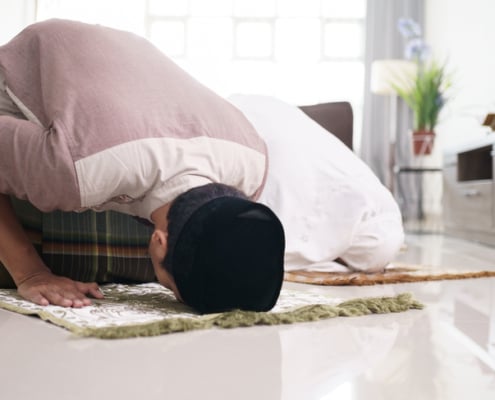
Can I Pray While Having a Prayer Video in the Background to Assist Me? – Shaykh Irshaad Sedick
Answered by Shaykh Irshaad Sedick
Question
Can I pray while…

What is the Ruling of Isha Living in High Latitude Areas?
Answered by Mawlana Ilyas Patel
Question
I live in a high latitude…

The Art of Asking God: Three Supplications
This is the seventh in a series of articles on how make dua or…
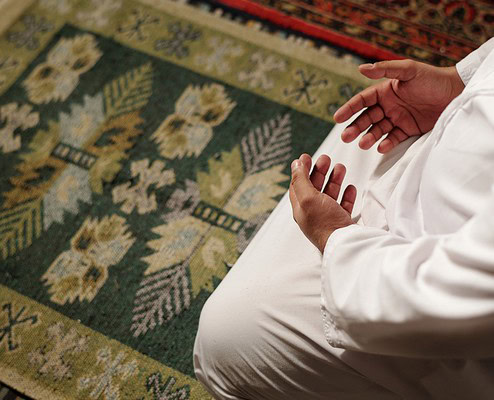
Is Gradual Change Permissible in Islam?
Answered by Ustadh Sufyan Qufi
Question
Is it permissible to…
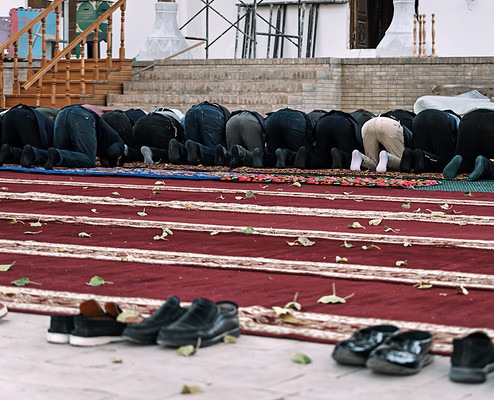
Is It Permissible to Pray in Shoes?
Answered by Shaykh Dr. Muhammad Abu Bakr Badhib
Question
Is…
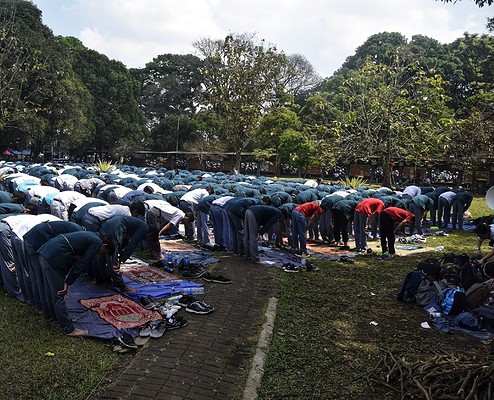
Can We Leave the Congregation If the Imam Prolongs the Prayer?
Answered By Shaykh Dr. Muhammad Fayez Awad
Question
If the…
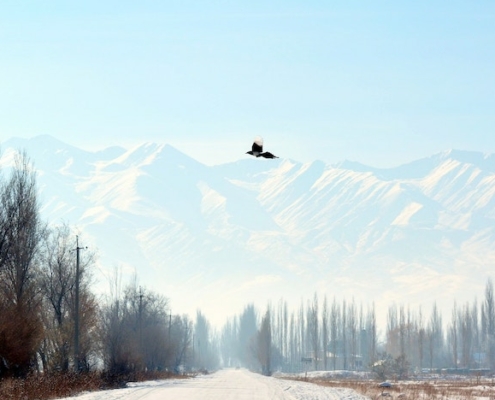
The Art of Asking God: The Complete Supplication
This is the sixth in a series of articles on how make dua or…
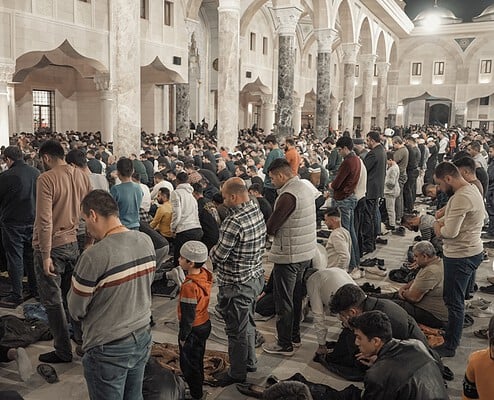
How Do I Complete Maghrib If I am Unaware of Salah Being Combined? – Shaykh Abdul-Rahim Reasat
Answered by Shaykh Abdul-Rahim Reasat
How Do I Complete Maghrib…

The Art of Asking God: Our Neediness
This is the fifth in a series of articles on how make dua or…